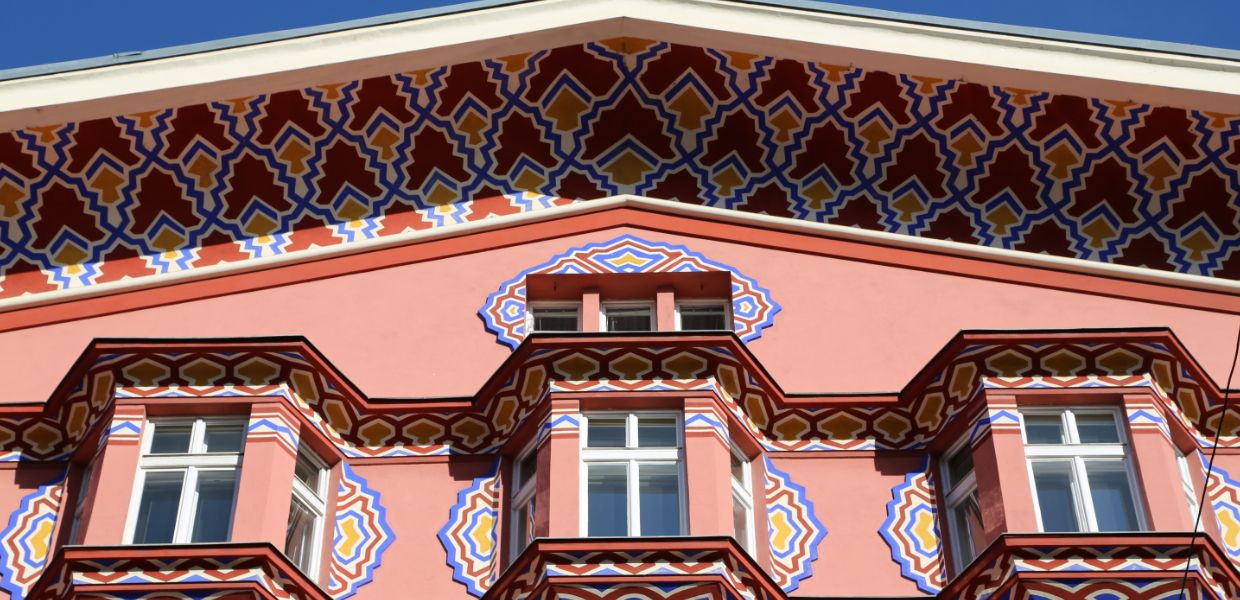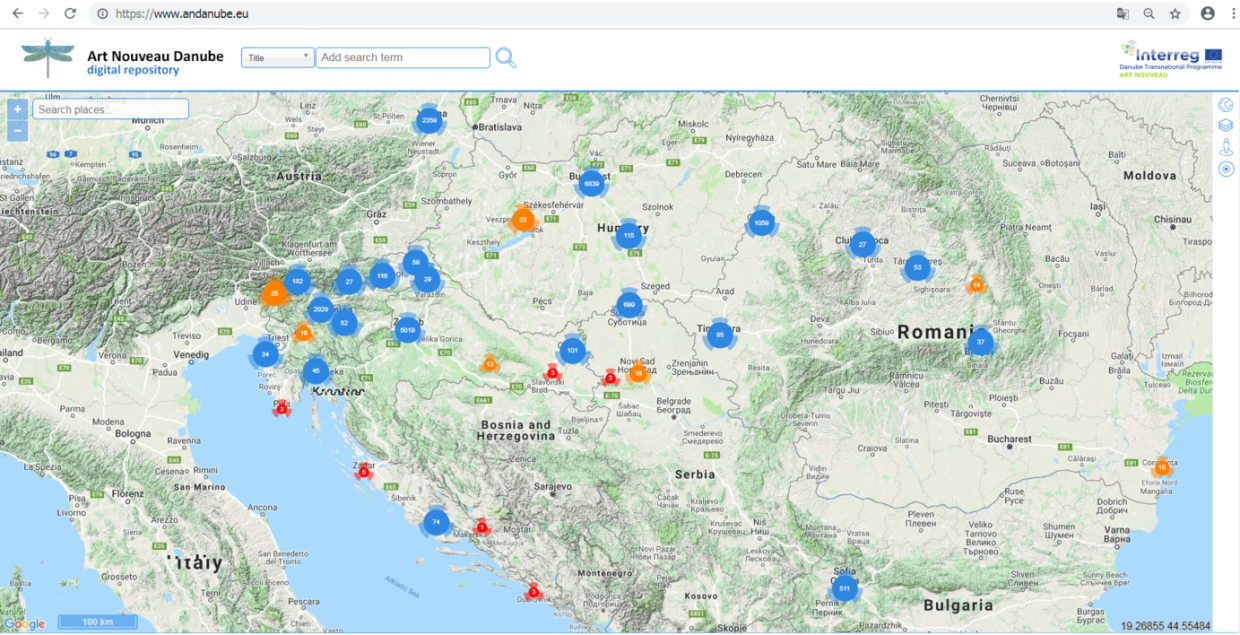Exploring Art Noveau in Eastern Europe
The Art Nouveau movement began in Western Europe around the beginning of the 20th century. The core centres of Art Nouveau creations in Western Europe include Brussels, Barcelona, Budapest, Paris, Aveiro and Vienna, but many jewels of Art Nouveau architecture, decorative and applied arts can be found through the whole Danube region in Eastern Europe.
The Art Nouveau Danube digital repository and Art Nouveau Danube mobile app aim to highlight, digitise, and promote this heritage. The repository contains over 17,000 digital objects, with standardised and interoperable information on Art Nouveau heritage from the Danube region in different forms. It includes 3D objects, videos, texts, photos, descriptions. Each object in the repository contains geographical coordinates, the link to the national heritage portal and the link to Europeana.
Using the app and repository
The repository offers users the chance to observe, compare, and analyse this heritage for the whole Danube region via a single interactive geographical map, supporting research into the effective preservation, renovation and revitalisation of this valuable heritage. It has been used to conduct research and create strategies for Art Nouveau heritage preservation, and is available as a knowledge base for professionals and for everyday use.
The app is accessible to the general public for everyday use as an online tool for tourism, research and education. It supports and helps cultural tourists, especially Art Nouveau lovers, to plan, discover, and visit Art Nouveau buildings in the Danube region.



